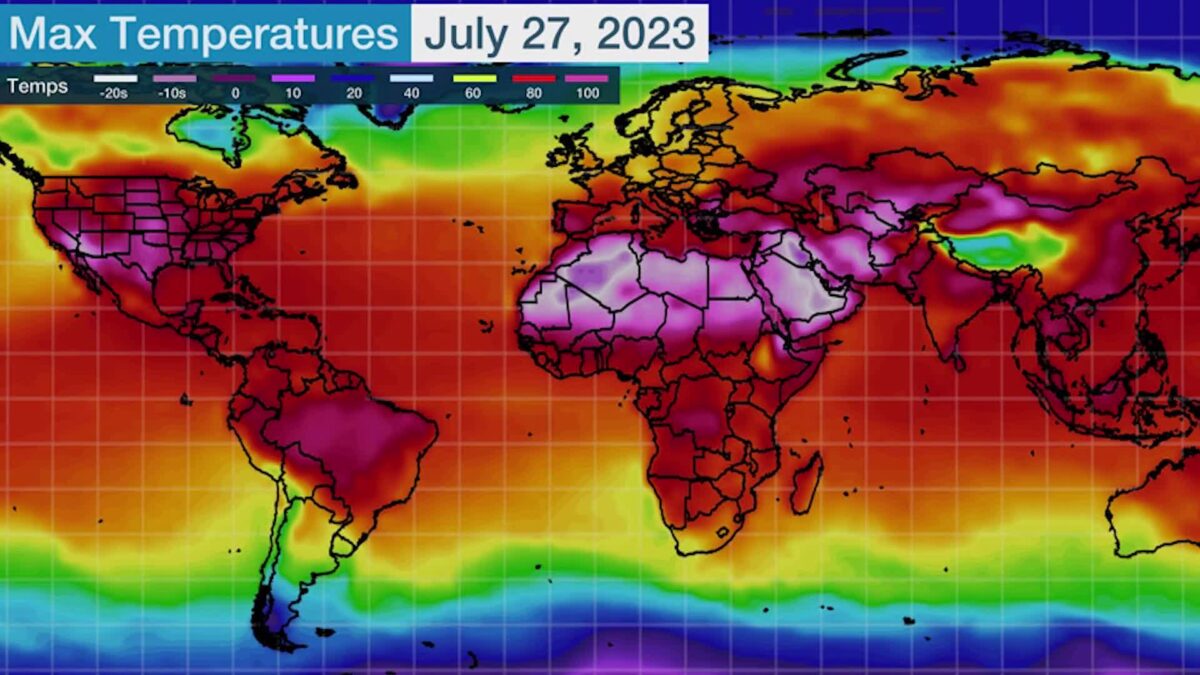2023 has been the year of breaking temperature records and this trend is likely to continue through the remaining year.
Almost every month of the year has broken one or another temperature record and September has turned out to be the hottest year ever by a sizable margin. It is clear that climate change is no longer a subject of discussion limited to school textbooks.
Exactly how warm was September?
September showed a 1.75 degree Celsius deviation from the pre-industrial period, 1850-1900, which is usually considered the baseline for measuring temperature changes. No other month of the year has shown a deviation as large.
A big deviation of 0.93 degree Celsius is noted even from a more contemporary baseline of the 1991-2020 period.
2016 was the hottest year on record so far; the average temperature for the year was 1.28 degree Celsius higher than the pre-industrial period. Scientists fear that 2023 might overtake the 1.5 degree Celsius mark for the first time ever, given the continued rise in climate change.
Other temperature records broken in 2023 thus far
July 2023 was the warmest ever for any month ever recorded. The average global temperature had never been as high as the month’s. Several days in the month broke daily temperature records. And yet, not even July showed a deviation as large as September from the global average temperature.

June 2023, too, was the warmest June every recorded.
February, March, April and May this year recorded the top five highest ever average temperatures for those months.
Another record broken was the three-month period between June and August, which was the hottest on record. The temperature anomalies this year have been much bigger than anything seen in the past.
Climate change will continue to drive more climate change this year
Primarily due to the development of El Niño in the Pacific Ocean, scientists had been expecting high temperatures this year. El Niño is a climate pattern in which sea surface temperatures are unusually high.
The warming El Niño event is still developing, due to which scientists have forecasted unusually warmer temperatures through the remaining year.
The Arctic winter sea ice extent has also been the lowest ever recorded for this time of the year.

Are we too doomed to do anything about it?
Scientists have been issuing warnings against climate change since the steady increase of global temperatures started over the past few years. Despite this, even in response the record-breaking temperatures this year, countries have not come up with strong policies of climate action.
According to scientists, there is not much that can be done in the short term to combat temperature changes at this point. Giant global disruptions, like the Covid-19 pandemic, is said to be the only event capable of making a significant deviation in the short term.
One of the outcomes of the G20 meeting in Delhi last month was tripling the capacity of renewable energy installed. 7 billions tonnes of carbon dioxide emissions could be avoided with this measure, according to The International Energy Agency. However, this would still be too little to make a significant deviation.
The annual climate change meeting is scheduled to be held in Dubai this year. Countries are supposed to assess the adequacy of the global climate action in the context of 1.5-2 degree Celsius temperature goals. The assessment is likely to reveal big gaps between what is required and what is being done; which is expected to propel stronger global climate action.



